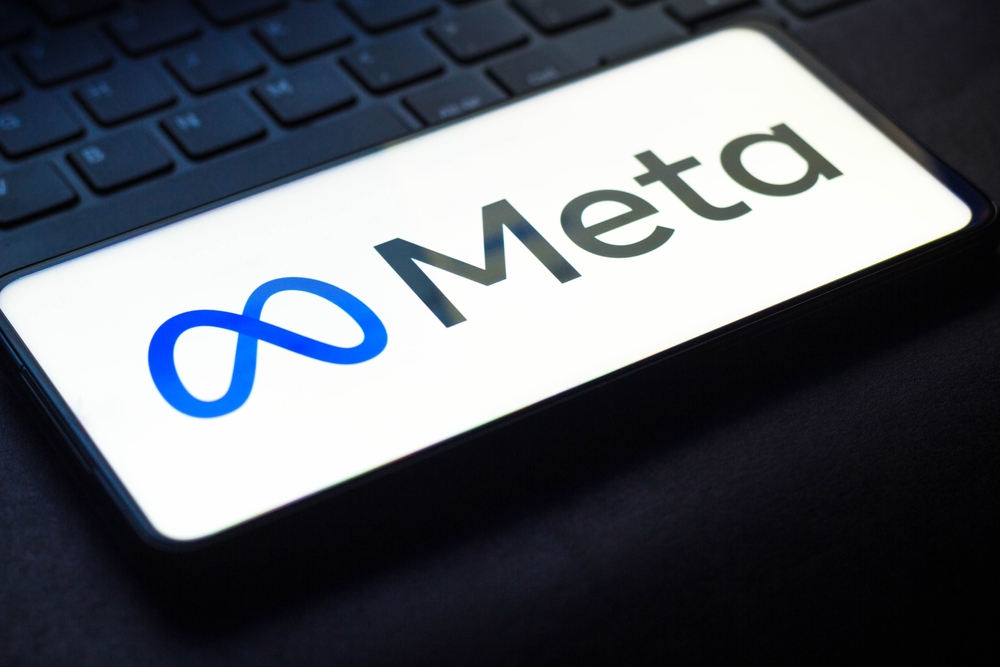
Meta Platforms, the parent company of social media giants WhatsApp, Instagram, and Facebook, experienced a legal setback in its ongoing privacy battle. On Monday, U.S. District Court Judge Timothy Kelly ruled against Meta, allowing a federal regulator to pursue measures to limit the company’s earnings from users under 18.
FTC’s Accusations and Proposed Changes
In May, the Federal Trade Commission (FTC) accused Meta of misleading parents regarding the level of control they had over their children’s interactions on the Messenger Kids app and other related concerns. The FTC proposed modifications to a 2019 settlement, which initially mandated Facebook (before its rebranding as Meta) to pay a $5 billion fine. The suggested changes included prohibiting Meta from monetizing data collected on users under 18, extending limitations on facial recognition technology use, and impacting its virtual reality business.
Court Denies Meta’s Motion
Meta filed a motion for the court to take control of the dispute with the FTC, but Judge Kelly denied this request. This decision underscores the regulator’s authority to pursue alterations to settlements independently.
Meta’s Revenue Structure and Competition
Over 98% of Meta’s income is derived from digital ads that rely on personalized user data. The company is currently in fierce competition with the short video app TikTok for the attention of younger users, emphasizing the significance of the court’s ruling in the ongoing battle for market share.
Teens’ Social Media Preferences
A study conducted in early 2023 by the Pew Research Center revealed that 62% of teens aged 13-17 use Instagram, while 17% use WhatsApp. This information highlights the substantial impact potential changes to Meta’s business practices could have on its user base.
FTC’s Position and Meta’s Response
The FTC contends that it has the authority to determine settlement modifications and argues that the district court lacks jurisdiction in this matter. Meta, in response, dismissed the FTC’s allegations as “without merit” and expressed its intent to explore legal options, emphasizing its commitment to resisting the regulator’s attempt to amend their agreement unilaterally.
Past Settlements and Legal History
This is not the FTC’s first engagement in legal battles with Meta. Previous settlements in 2012 and 2019 resulted in a $5 billion fine for privacy violations. In 2020, the FTC sought a court order for Meta to divest Instagram and WhatsApp, acquisitions made in 2012 and 2014, respectively. This case has yet to proceed to trial.
Don’t be a silent ninja! Let us know your thoughts in the comment section below.
















































